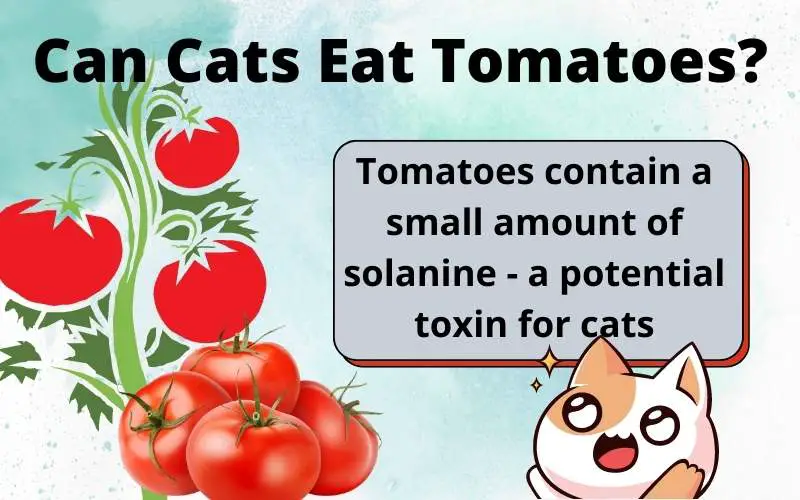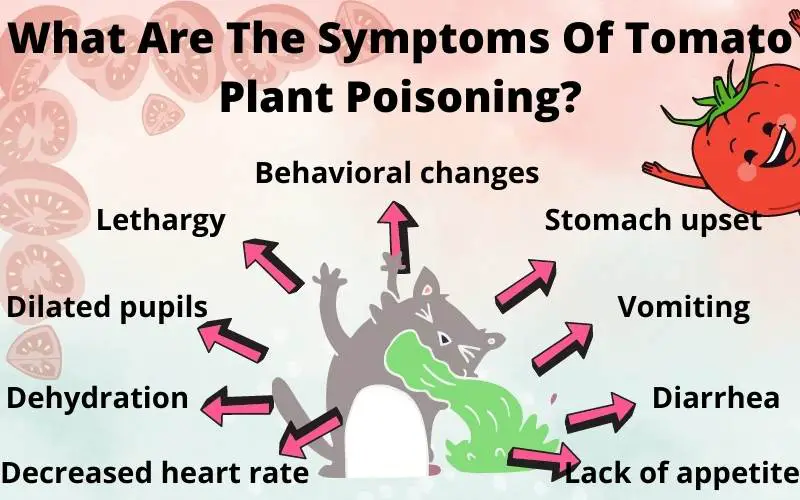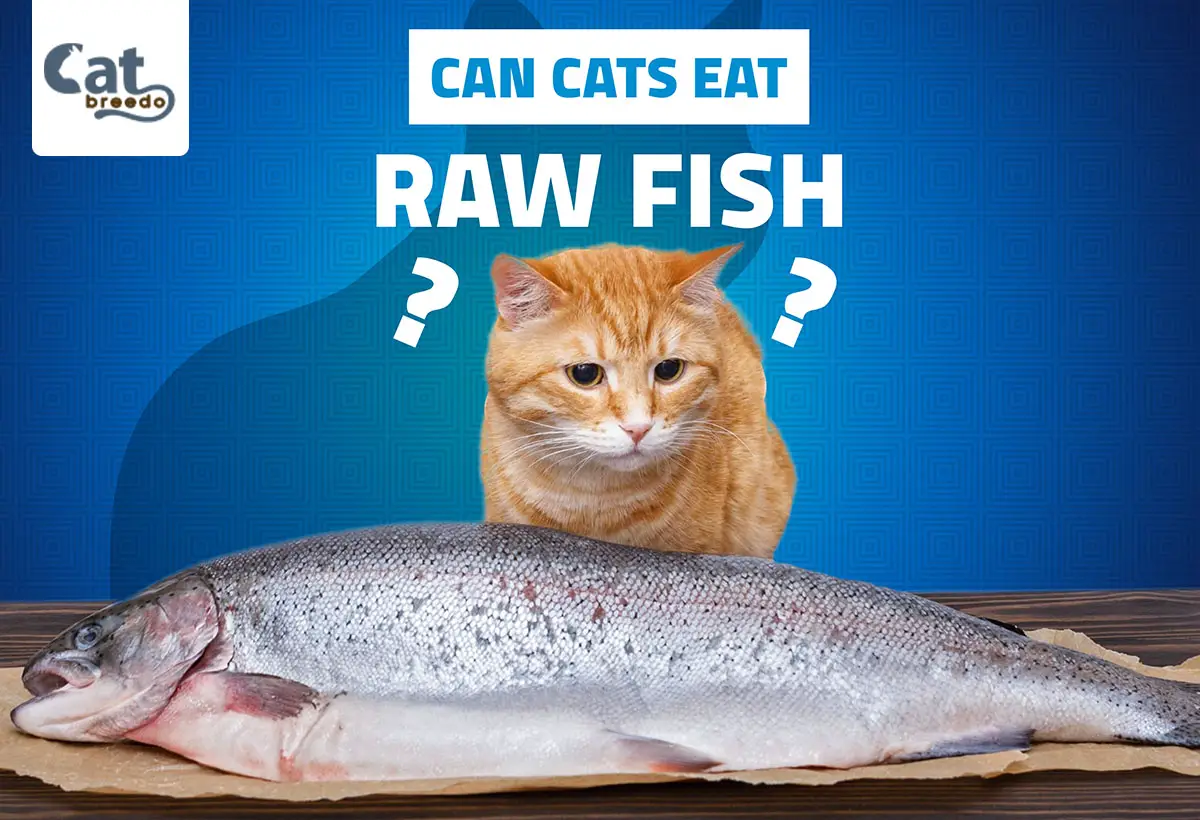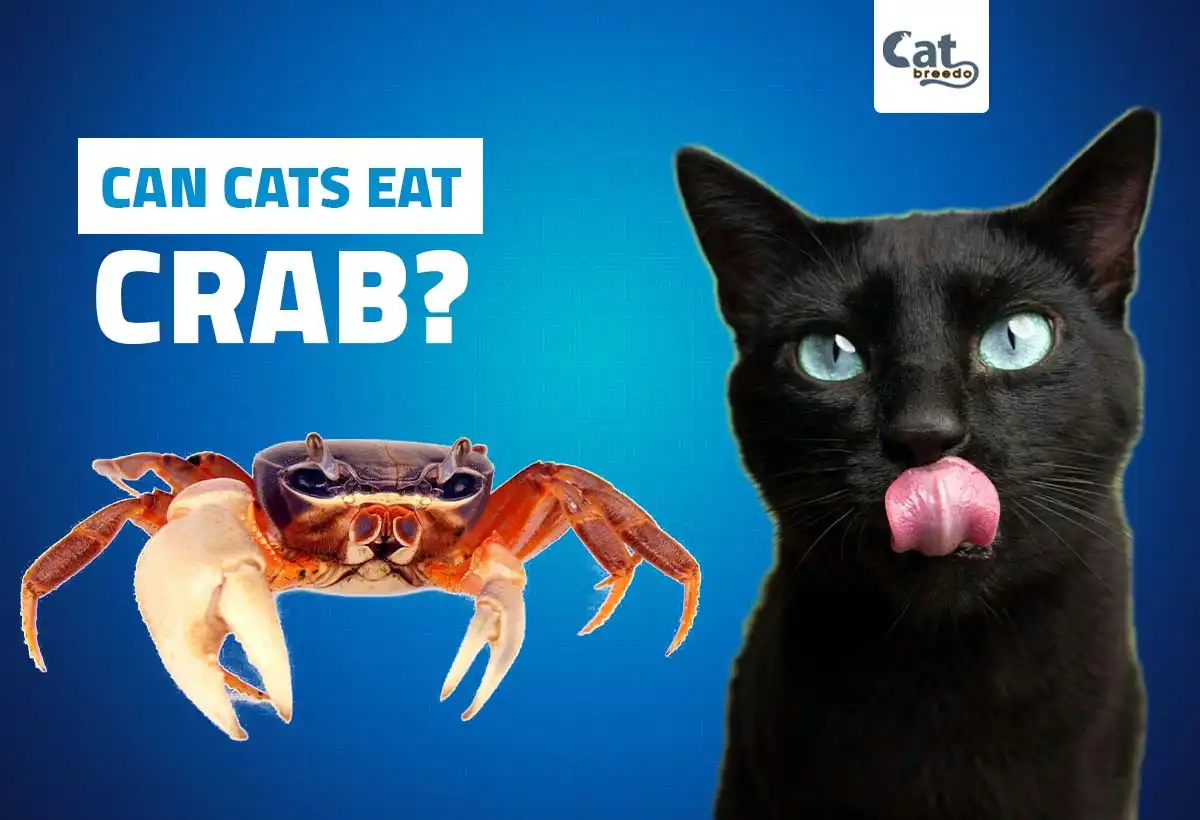Tomato – a berry fruit is usually considered a vegetable due to its taste and nutritional purposes. It is consumed in different forms and is known to be a rich source of vitamin C, thereby posing several health benefits. These benefits mainly include good skin and a lower risk of heart disease and cancer. Can Cats Eat Tomatoes? You can get answer from this blog.

Can Cats Eat Tomatoes?
That being said, cats are obligate carnivores. They need not rely on plant sources to meet their nutritional demands. These fruits and vegetables can be life-threatening for them in certain scenarios. Although tomatoes aren’t entirely bad for felines, according to ASPCA, cats shouldn’t have them, particularly the unripe ones. Their stems and leaves are also toxic and may affect the digestive system of cats.
Tomatoes contain a small amount of solanine – a potential toxin for cats. However, a fresh ripe tomato is assumed to be safe, and if consumed, there won’t be adverse effects.
Are Tomatoes Good For Cats?
Not really! Even though cats can occasionally enjoy ripe tomatoes, it’s better not to give them any. Tomato plants tend to have a toxin – solanine. Though not present in a considerable amount, it can be lethal to the cats.
By affecting the gastrointestinal tract of cats, an unripe (green) tomato or its stem/ leaves may cause excessive drooling, abdominal discomfort, vomiting, diarrhea, dehydration, lethargy, and much more. If not treated timely, it may cause serious complications.
Why Does My Cat Want To Eat Tomatoes?
Cats are naturally curious creatures. The red fruit likely grabs their attention, and they may want to try eating them. Therefore, there is no need to worry if you find your pet interested in tomatoes. Eventually, it will lose interest in the fruit as its body is not designed for such consumption.
However, make sure they do not consume the stem or their leaves. Unripened tomatoes should also be avoided as they pose health risks to the cats.
Can Cats Eat Sliced Tomatoes?
If the tomatoes are fully ripe, you can cut them into slices for your feline to enjoy every now and then. However, care must be taken while managing the dietary portions. Since cats mainly rely on animal flesh, their digestive system is not well adapted for the plants.
Therefore, if ingested in large amounts, these sliced tomatoes can be a health hazard. The green part of the plant, together with the stem and leaves, can be equally toxic. They may affect a cat’s gastrointestinal tract, causing vomiting, loss of appetite, diarrhea, dehydration, and tiredness.
Is Cooked Tomato Safe For Cats?
It is better to avoid tomatoes altogether since they don’t provide any nutritional benefit to the cats. In fact, in most cases, they can be harmful, causing severe stomach pain followed by vomiting, diarrhea, and dehydration.
These symptoms may lead to cardiac signs, CNS depression, and seizures. However, if it is a fresh ripe tomato, you can give it to the feline in cooked form, provided it’s not a routine and no oil or spices are added.
Can Cats Eat Tomato Ketchup?
No! Tomato ketchup is a heavily processed sauce that contains several preservatives and ingredients that can be harmful to your kitty. Therefore, it is strictly advised not to add ketchup to cat food as it can upset their stomach.
If your cat accidentally ingests some of it, instead of panicking, make sure that the cat is doing fine and immediately take it to the veterinarian to avoid further complications.
What Are The Symptoms Of Tomato Plant Poisoning?
Considering the amount of unripe tomato or its stem and leaves being consumed, your cat may show the following symptoms;

- Hypersalivation
- Stomach upset
- Vomiting
- Diarrhea
- Lack of appetite
- Dehydration
- Lethargy
- Behavioral changes
- Central nervous depression
- Decreased heart rate
- Dilated pupils
What Is The Treatment Of Tomato Plant Poisoning In Cats?
Even though tomato plant poisoning is rarely fatal, it is crucial to take your pet to the vet in due time. It will reduce the risk of complications and make the recovery process smooth.
Based on the symptoms, treatment is provided. The veterinarian may induce vomiting or perform gastric lavage to remove the toxins from the body. Diarrhea can cause dehydration and electrolyte imbalance which is dealt with intravenous infusions of fluids. Oxygen delivery may also become necessary if breathing is depressed.
If a cat has ingested a big chunk of a tomato plant, it may experience convulsions. In that case, anti-seizure drugs are administered.
What Are Some Beneficial Vegetables For Cats?
Being avid meat-eaters, cats don’t thrive on plants. However, some vegetables can be beneficial if given in small amounts. These include;
- Asparagus
- Broccoli
- Carrots
- Cucumber
- Frozen corn
- Green beans
- Pumpkin
- Winter squash
Frequently Asked Questions
Can Cats Eat Baby Tomatoes?
Cats can eat baby tomatoes as long as they are fresh and ripe. It is advised only to give a small amount to cats since they can’t digest plant proteins.
Are Tomatoes Bad For Cats?
Most likely, yes! Cats can nibble on ripe tomatoes, but generally, the fruit carries health risks and may upset a cat’s gut causing abdominal discomfort, vomiting, and diarrhea. Therefore, it is better to keep your cat away from tomato plants.
What Happens If A Cat Eats Tomatoes?
The pet may show mild to severe gastrointestinal symptoms depending on the amount ingested.
Nausea, vomiting, diarrhea, drowsiness, loss of appetite, and apathy are general symptoms, while CNS depression, slowed heart rate, and seizures are severe complications.
Can Cats Eat Grape Tomatoes?
Yes and no! Cats can safely consume these small, oval plum-shaped tomatoes as an occasional treat if it is ripe. However, it is better to avoid them if they are not, considering the cat can suffer from digestive tract problems.
Final Thoughts
Seeing your cat taking an interest in tomatoes is a problematic situation to be in, considering cats have finicky stomachs. Ripe fruit isn’t much of an issue, but unripened green tomato or its stem and leaves can seriously harm the pet. Hence, it’s better to keep tomatoes out of their sight.




